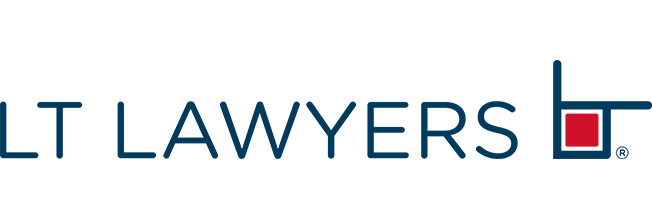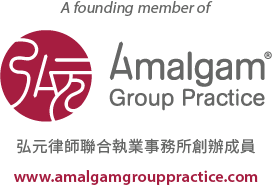- In Hong Kong, every listed company must appoint at least three independent non-executive directors (“INEDs”), or that they must comprise one-third of the board of the listed company. Some of the INEDs may be appointed based on their friendly relationship with the executive directors of the listed company; some would simply think that they only had to show up in board meetings and rubber stamp decisions already made by the executive directors.
- These perceptions are in fact, as seen in our joint article with Beijing Zhong Yin Law Firm (full text in Chinese), misguided. INEDs have equally if not more important responsibilities compared to executive directors of listed companies, especially in terms of disclosure obligations.
- Our article starts off by introducing the measures an officer of a listed company (including its INEDs) should consider after receiving an anonymous complaint of corporate misconduct.
- What an officer of a listed company should consider in dealing with corporate misconduct is closely connected to the laws on timely disclosure of inside information in Hong Kong. In this connection, we have laid out the relevant laws and regulations on the disclosure of inside information under Part XIVA of the SFO. The application of such laws and regulations is illustrated by several notable case examples of the Market Misconduct Tribunal, which deals with proceedings relating to market misconduct under the SFO, highlighting the consequences of the breaches of disclosure obligations by the listed companies’ officers, including the INEDs.
- Similarly, in PRC, more and more emphasis has been placed on INEDs’ role in monitoring and disclosing any instances of listed companies’ misconduct. We have therefore explored the laws governing listed companies’ disclosure obligations in PRC, dissecting new developments therein which significantly modified the civil, administrative and criminal liabilities of the listed companies’ officers in breach of their disclosure obligations. It was followed by a detailed analysis of the Kangmei case and the ripples it created.
- The article is concluded with our expectation and observations of future enforcement by HK and PRC regulatory authorities in relation to corporate misfeasance and INEDs’ importance in corporate governance.

